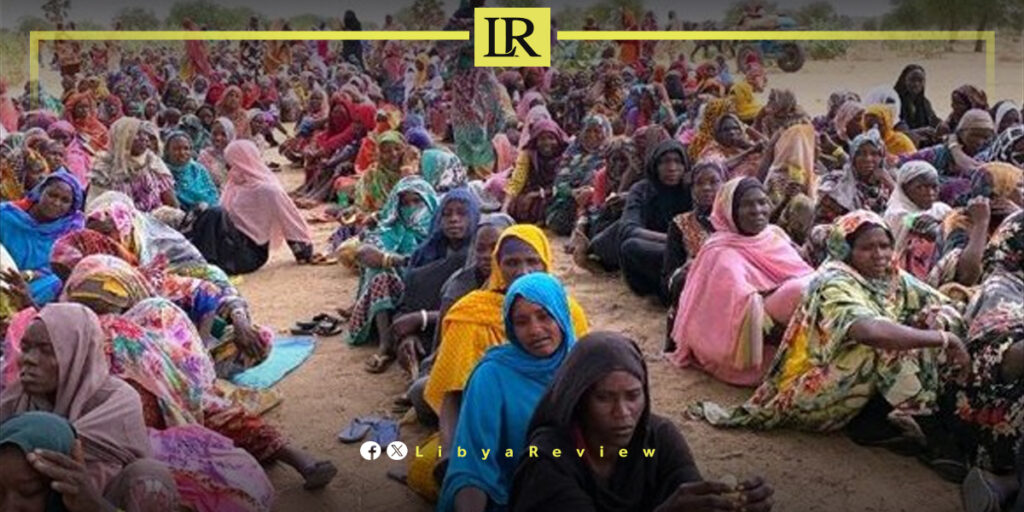Authorities in the eastern region of Libya have declared a public health emergency in the south to prevent the spread of cholera from neighbouring Sudan, where the disease has surged amid the ongoing conflict.
The move follows alarming reports from the World Health Organization (WHO), which confirmed cholera outbreaks in 18 areas across Sudan. The Coordination of Displaced Persons and Refugees in Darfur reported 10,297 recorded cases, including 416 deaths since the outbreak began.
Border regions between Sudan and Libya are considered most vulnerable to transmission, raising fears in towns such as Kufra, which continues to receive large numbers of Sudanese fleeing the war. Around 65,000 displaced persons are currently hosted in the city, placing additional strain on Libya’s fragile health system.
Ismail al-Aida, head of the Emergency Room at the eastern-based Ministry of Health, told Al Arabiya that the statistics from Sudan highlight the risks facing Libya, particularly with the constant flow of people across open and porous borders.
He confirmed that a contingency plan has been launched with the support of the Libyan National Army’s General Command. The measures include strengthening surveillance teams, training staff to identify and respond to cholera, setting up laboratories, and conducting awareness campaigns among displaced populations on hygiene and prevention.
Al-Aida stressed that no cholera cases have been detected in Libya so far, but precautionary facilities and beds have been prepared in Kufra to isolate and treat potential cases. Health checks are also being carried out on new arrivals.
He criticised international organisations for failing to provide sufficient support, saying the health sector in Kufra has been overstretched after two years of delivering free services to Sudanese refugees.
Cholera is a severe intestinal infection spread through contaminated food and water. It can kill within hours if untreated but is preventable with proper sanitation and prompt medical care.


